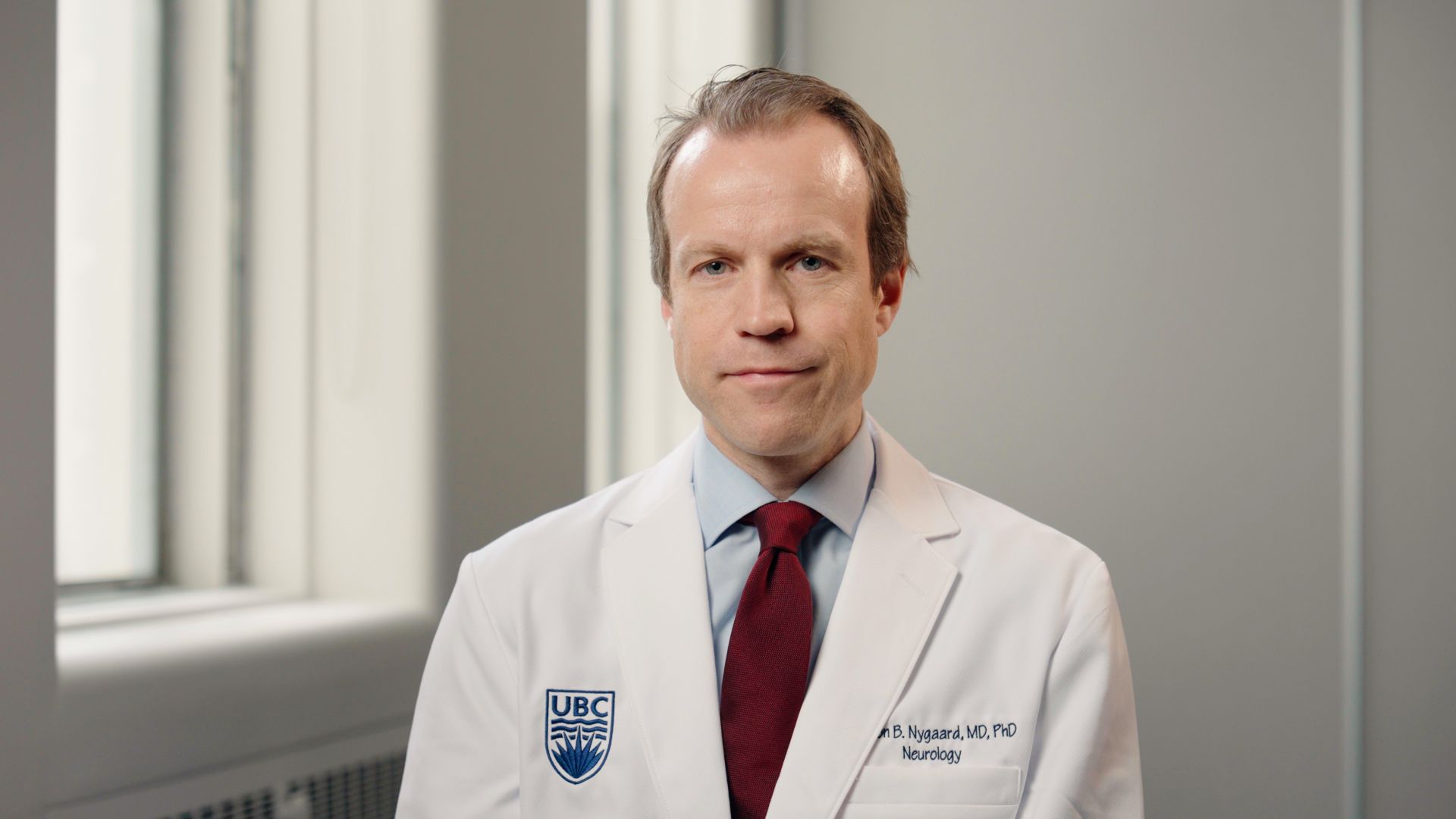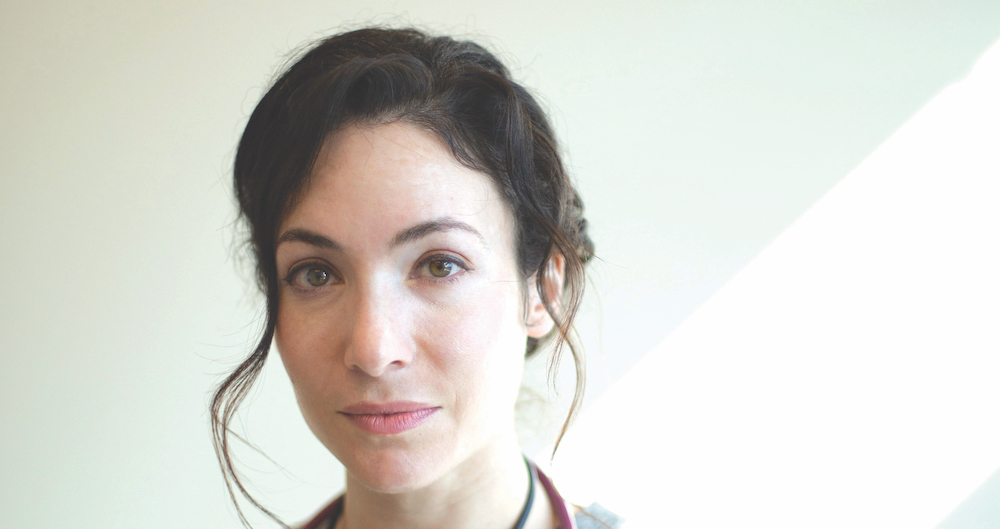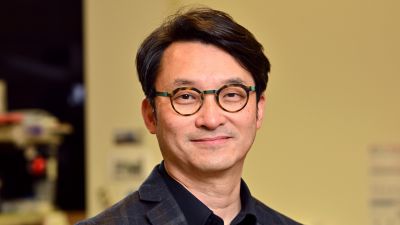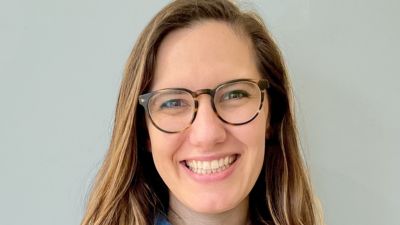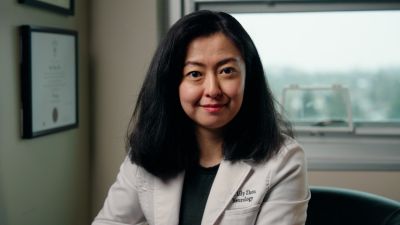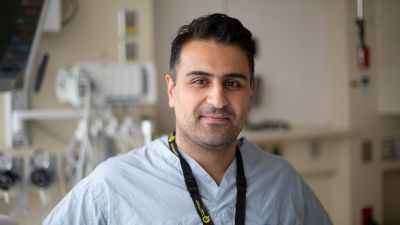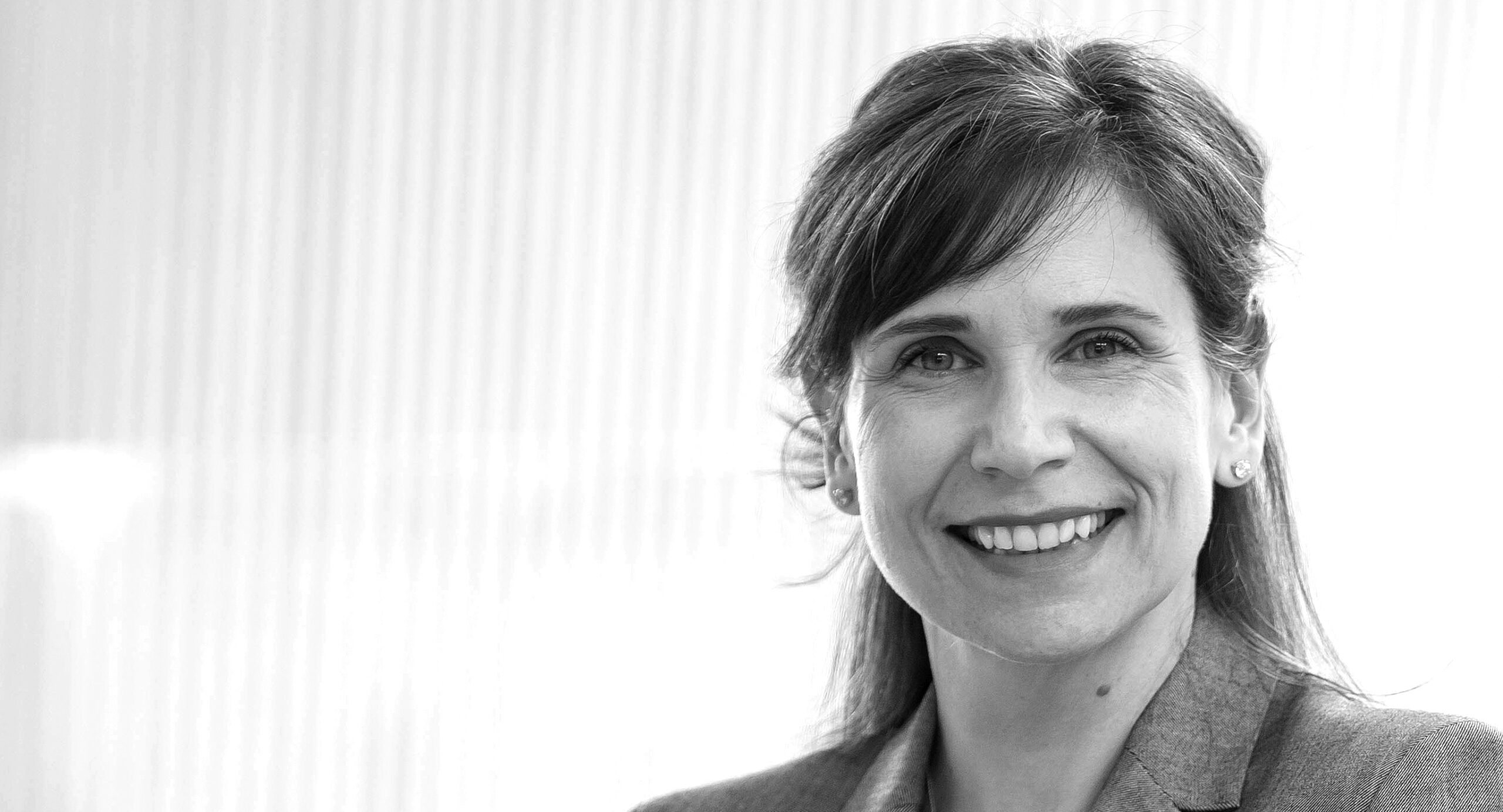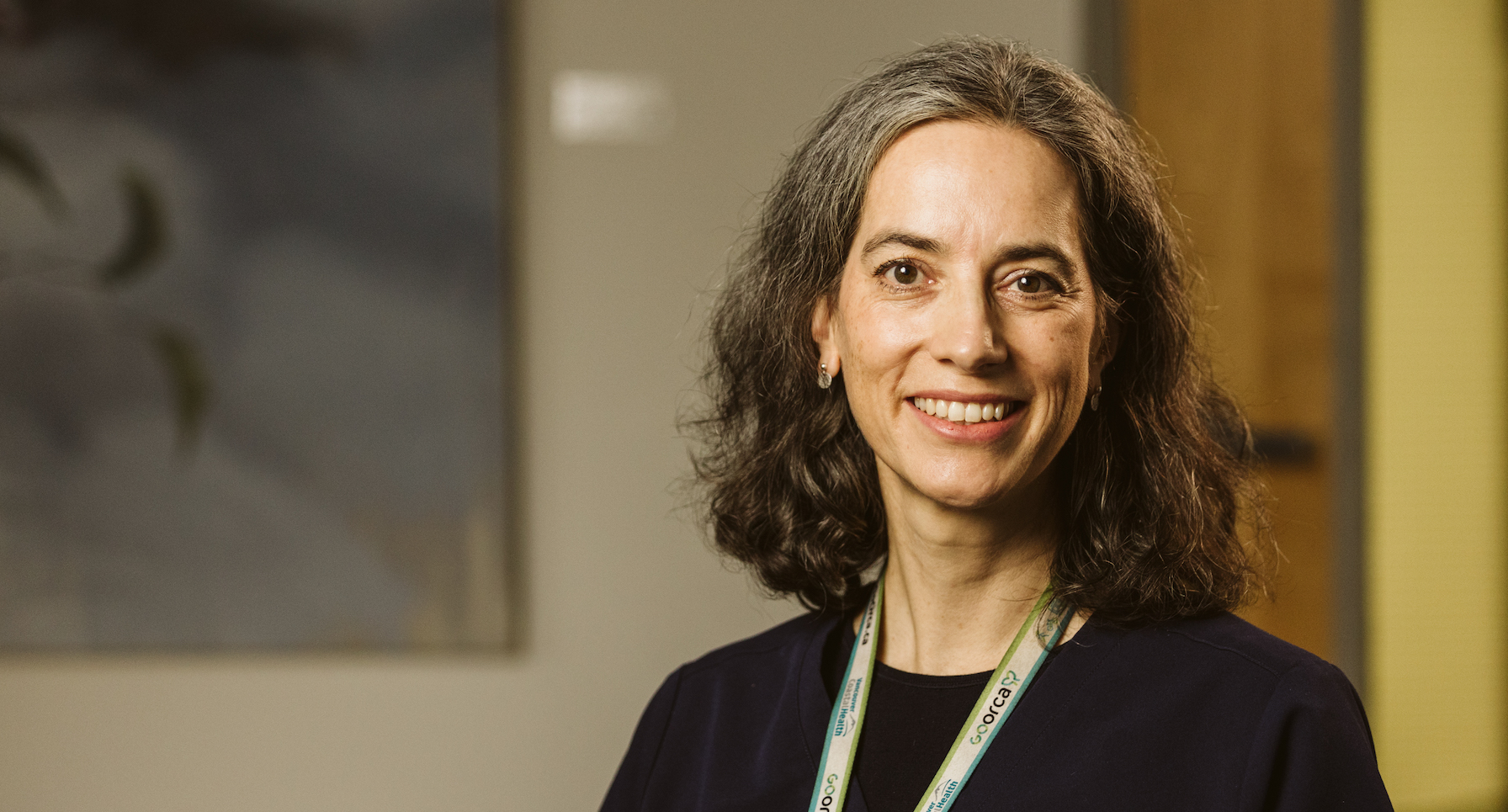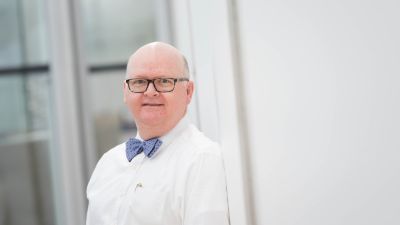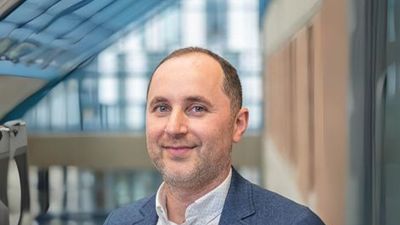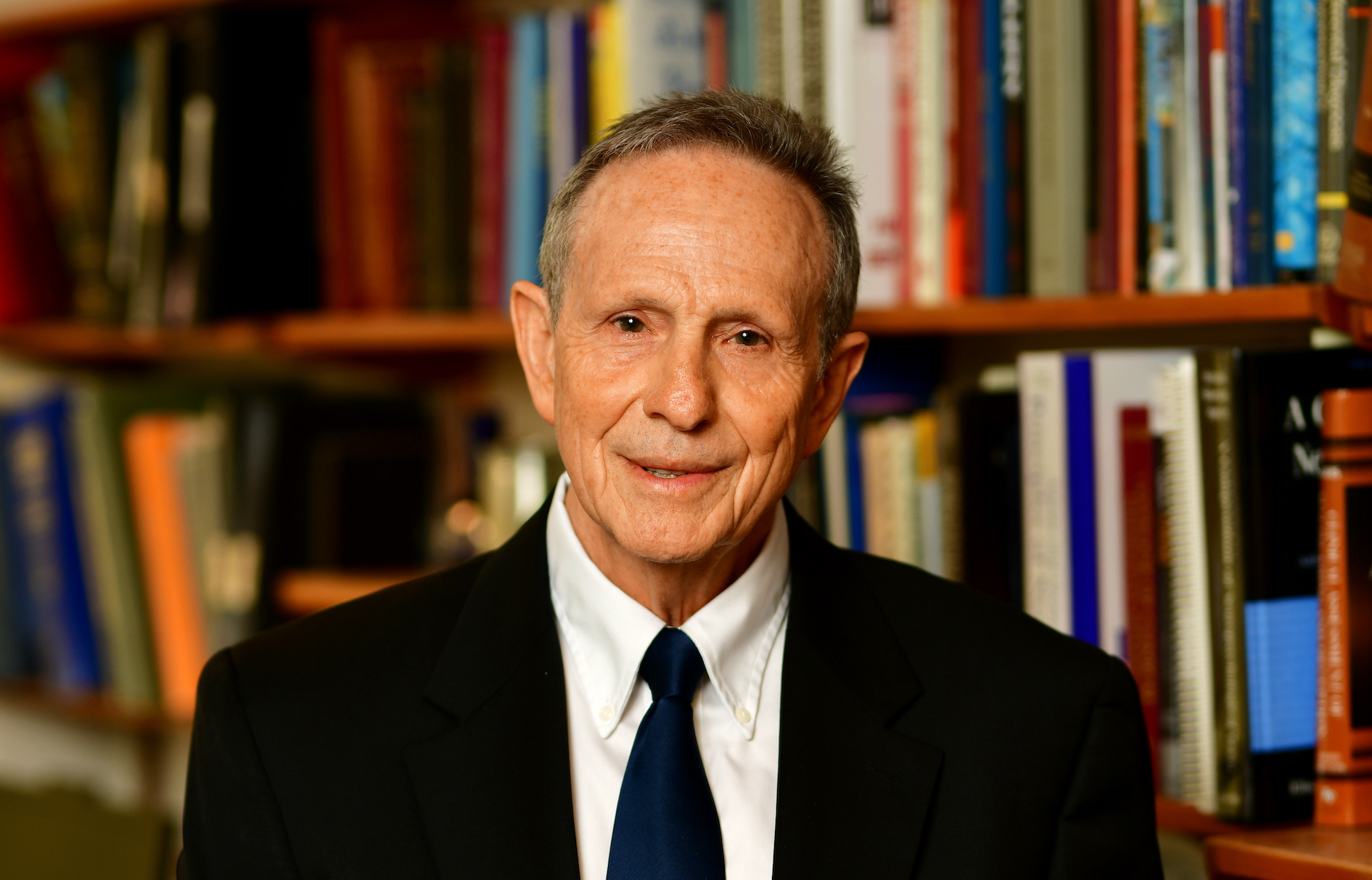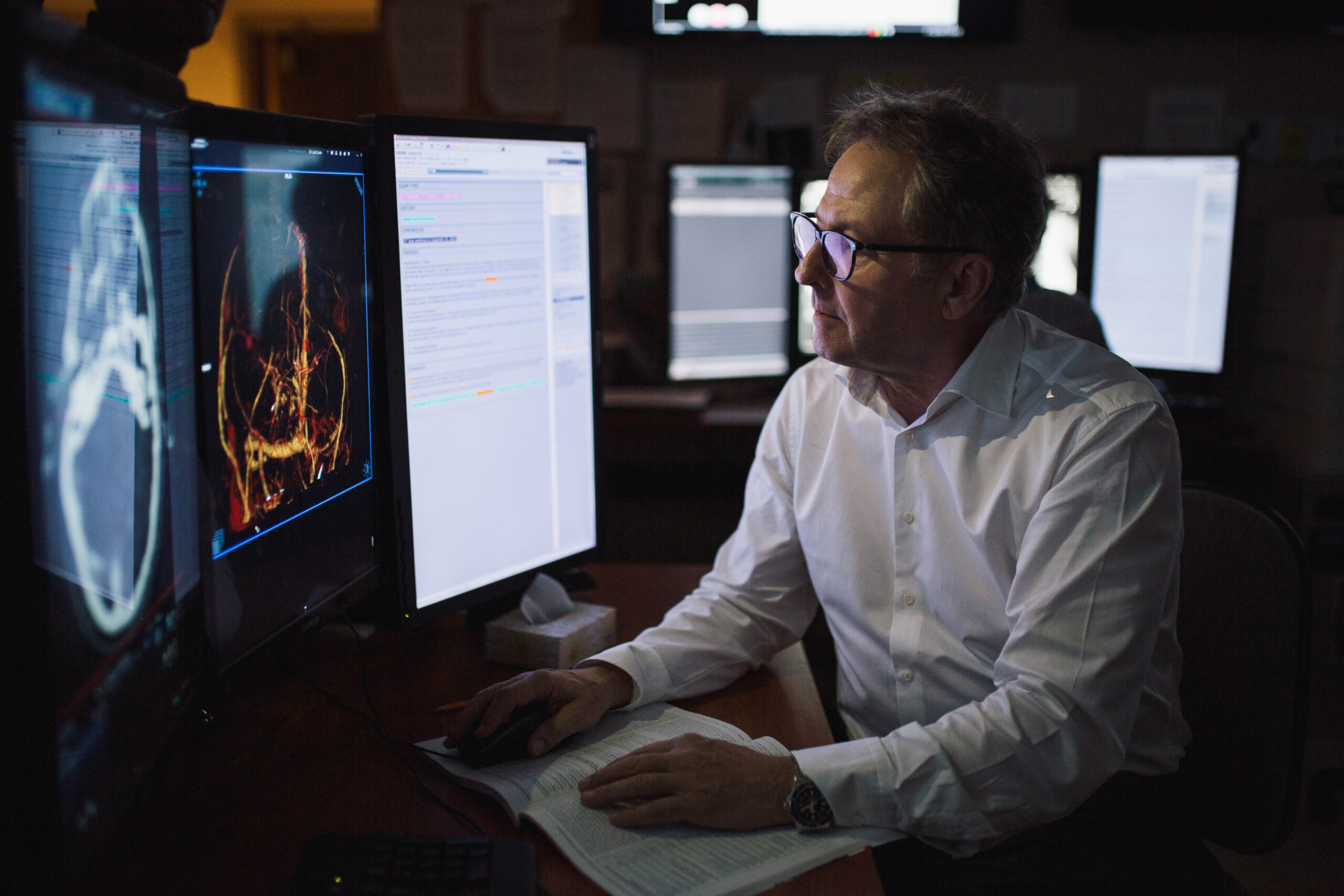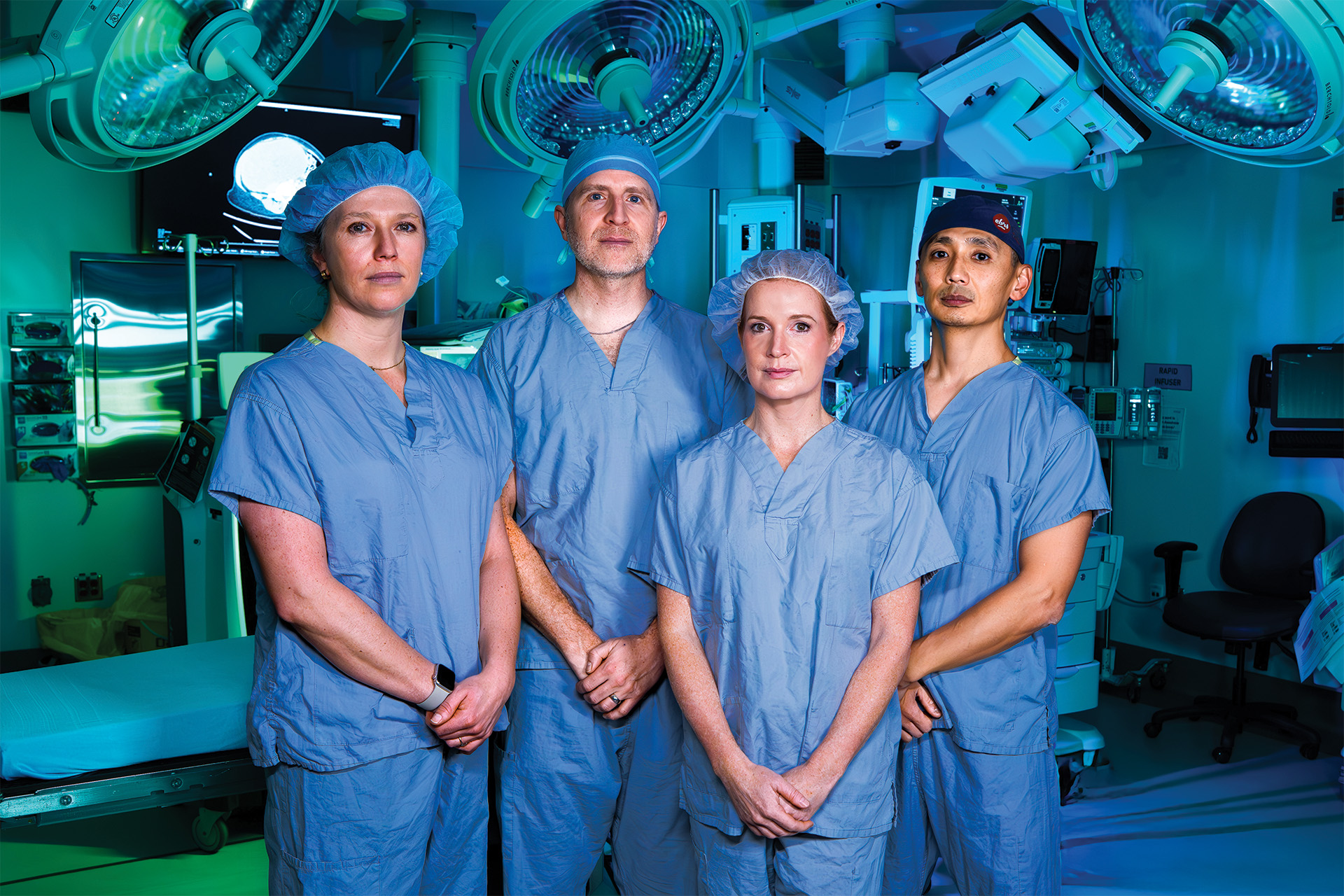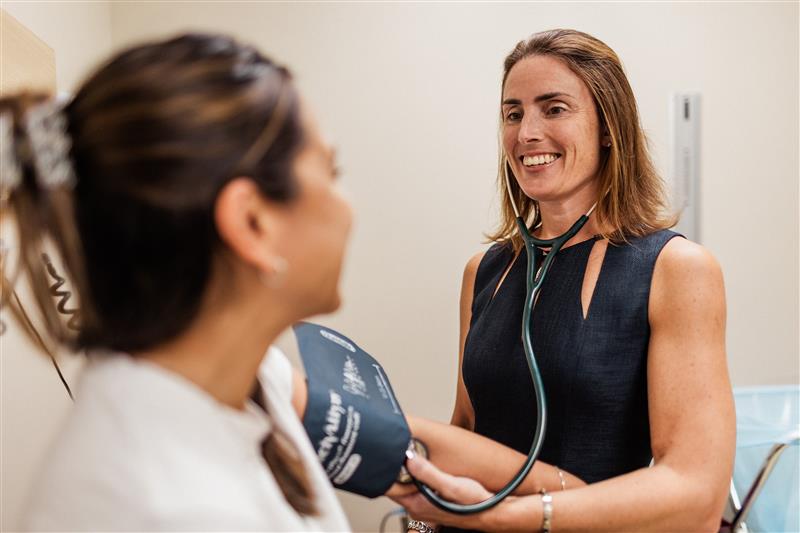Brain Breakthroughs: Research & Discovery
DonateResearch & Discovery
Advances in health care do not happen by accident.
They come about when passionate clinician-scientists determinedly pursue answers to seemingly intractable medical problems; when doctors who care for patients are able to take the time to study and solve a problem they encounter in their daily work; when philanthropy seed-funds innovative research that saves and extends lives, shortens recovery times, alleviates pain and offering and improves quality of life for patients alongside their families and loved ones.
The breakthroughs of tomorrow start with the research of today. You have supported the experts at VGH and UBC Hospital uncover the mysteries of the brain, helping transform treatments and improve patient outcomes.
Alzheimer’s
Dr. Haakon Nygaard and team created brain cells in the lab to build the first 3D brain structure of its kind in the world.
“Thanks to your generosity, we will be able to screen for known indicators of Alzheimer and related dementia, alongside potential drugs that may inhibit or prevent the onset or progression of disease.”
Stroke
Dr. Thalia Field currently leads the Vancouver Stroke Program (VSP) Research and Clinical Trials Program.
As a leading site for clinical trials in acute stroke treatment, stroke prevention and recovery, the program rolled out a number of advanced studies, including coordinating the first Canadian trial studying cerebral venous thrombosis, acting as a participating site in a groundbreaking drug trial that will change the way clot-busting drugs are used worldwide, and becoming a leading recruitment site for a transformational drug trial that was the first of its kind to demonstrate potential benefits for a neuroprotective agent in stroke.
Dr. Sam Yip and his team is leading the development and implementation of protocols that expand best practices in acute stroke care from VGH to other sites, including St. Paul’s Hospital, Lions Gate Hospital and Richmond Hospital.
In other hospitals, door to treatment time can be 60 minutes or longer. At VGH, as a result of Dr. Yip’s Quality Improvement Initiatives, the team has brought that time to 45 minutes. The team is working to reduce this time even further, with a goal and desire to bring it down to 30 minutes – this saves more lives and prevents more disability.
Dr. Alyson Plecash completed her neurology residency at UBC and was a stroke fellow with the team from April to December 2022. She has returned from a six-month stroke fellowship in Toronto to the Vancouver Stroke Program to help develop a new clinic focused on stroke and cerebrovascular disease in pregnancy. This goal aligns with her particular interest in neurological issues in women and pregnancy.
Dr. Zhou, stroke neurologist at VGH, is leading research to understand how medicine can overcome disparities in cerebrovascular health related to race, ethnicity, gender and socioeconomic status. In 2023, Dr. Zhou was the recipient of a Vancouver Coastal Health Research Institute (VCHRI) Investigator Award for her study predicting stroke mortality using artificial intelligence and machine learning.
Using national and provincial data to examine a population-based group of patients, Dr. Zhou and her team aim to compare trends in short- and long-term stroke fatality in people living in rural and urban areas. For patients receiving neurosurgical procedures, the team will be using machine learning techniques (a form of artificial intelligence) to predict mortality. This updated data could help to reduce health disparities among vulnerable populations and identify the impact of advances in acute stroke care.
Dr. Myp Sekhon is an intensive care physician and clinician-scientist at VGH, treating patients with stroke, cardiac arrest and traumatic brain injuries. This past year, he and his research team have discovered that blood biomarkers can be used to identify oxygen levels in the brain in real time. With just a simple blood test, clinicians can determine the severity of a cardiac arrest or stroke on the brain within 15 minutes, which is vital information when choosing the best course of treatment.
This research breakthrough, made possible with the donor-funded Brain Bolt, has played a significant role in the creation of an international guideline for treating cardiac arrest. The guideline’s recommendation is to move beyond the current model of a one- size fits all approach to resuscitation, and to take a personalized approach based on an patient’s unique pathological differences. This guideline statement will transform the development of ground- breaking cardiac arrest treatment and care at a global level, leading to improved recovery outcomes and saving more lives impacted by stroke, cardiac arrest and traumatic brain injuries.
Multiple Sclerosis
Dr. Jacquie Quandt is developing sophisticated lab models to understand progression and neuroprotection in MS in an effort to put a halt to it.
Parkinson’s
Dr. Silke Cresswell is identifying links between the Medeterranian-DASH Intervention for Neurodegenerative Delay (MIND) diet and a later onset of Parkinson’s disease, while Dr. Martin McKeown is advancing treatment modalities for patients with a new portable brain simulator.
Dr. Martin McKeown is continuing to develop a lightweight, wearable and affordable device to prevent falls in patients afflicted by Parkinson’s disease. Worn like a headband, the device connects an electronic unit with the bones behind the ears to deliver customized electronic stimuli to the human balance system. This approach is shown to normalize brain rhythms and network connectivity, hence improving balance and motor functions in patients. Since its launch last year, they have increased access to the device from 10 patients to 20 and continue to identify and create optimal stimulators which will improve outcomes for patients.
Parkinson’s
Dr. Noah Silverberg is working in partnership with other researchers around the world to establish a more effective way to diagnose concussion. They designed new criteria that can be applicable across age groups, health systems and injury circumstances.
“These new criteria will help pave the way for standardized care and research in this crucial area of health.”
Mental Health
Thanks to your support of neuropsychiatric research, clinicians like Dr. Trevor Hurwitz are making advancements in alternative therapies for those suffering from treatment-resistant mental health disorders like OCD and depression.
Your generosity has made these advancements possible, giving hope where there was none before to patients with neuropsychiatric disorders who do not respond to standard treatment.
Brain Breakthroughs
Your brain is what makes you, you. It defines how you think, how you feel and how you function. When something goes wrong with your brain, it shatters your sense of being, and ripples out to family and friends.
But it doesn’t have to be this way. You have helped accelerate our pace of discovery and dramatically change lives with the support of our Brain Breakthroughs campaign.
Thanks to your support, we have exceeded our goal and raised over $42 million. Learn more.
